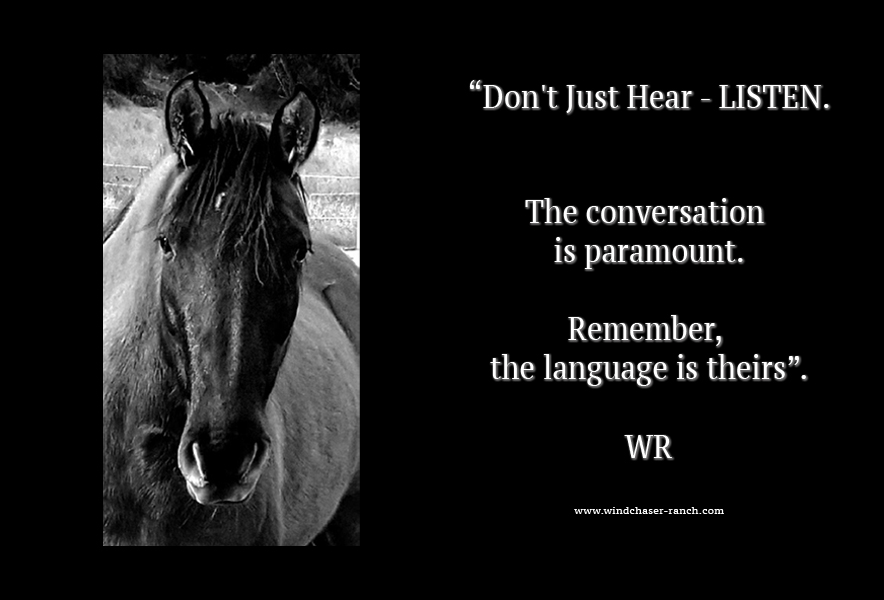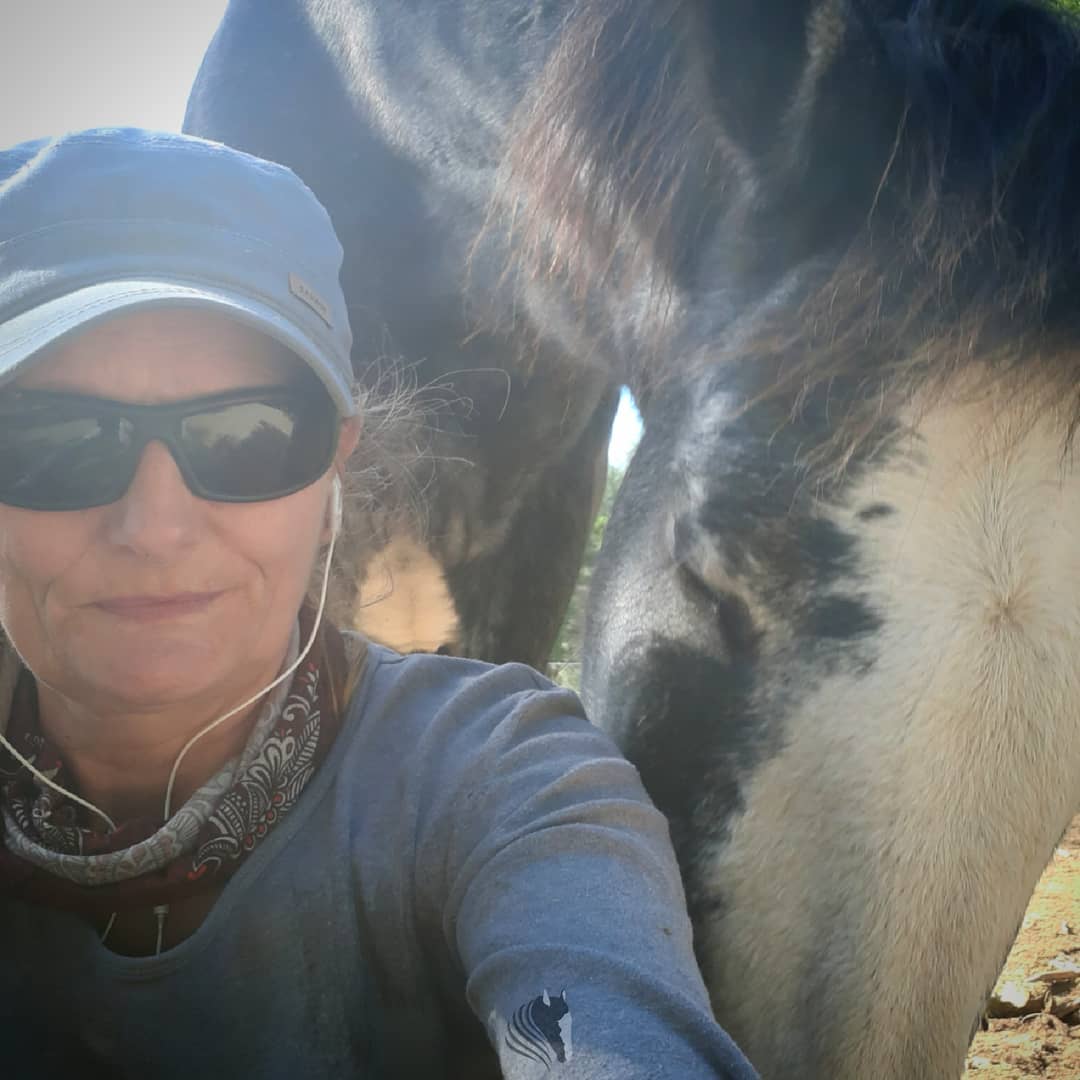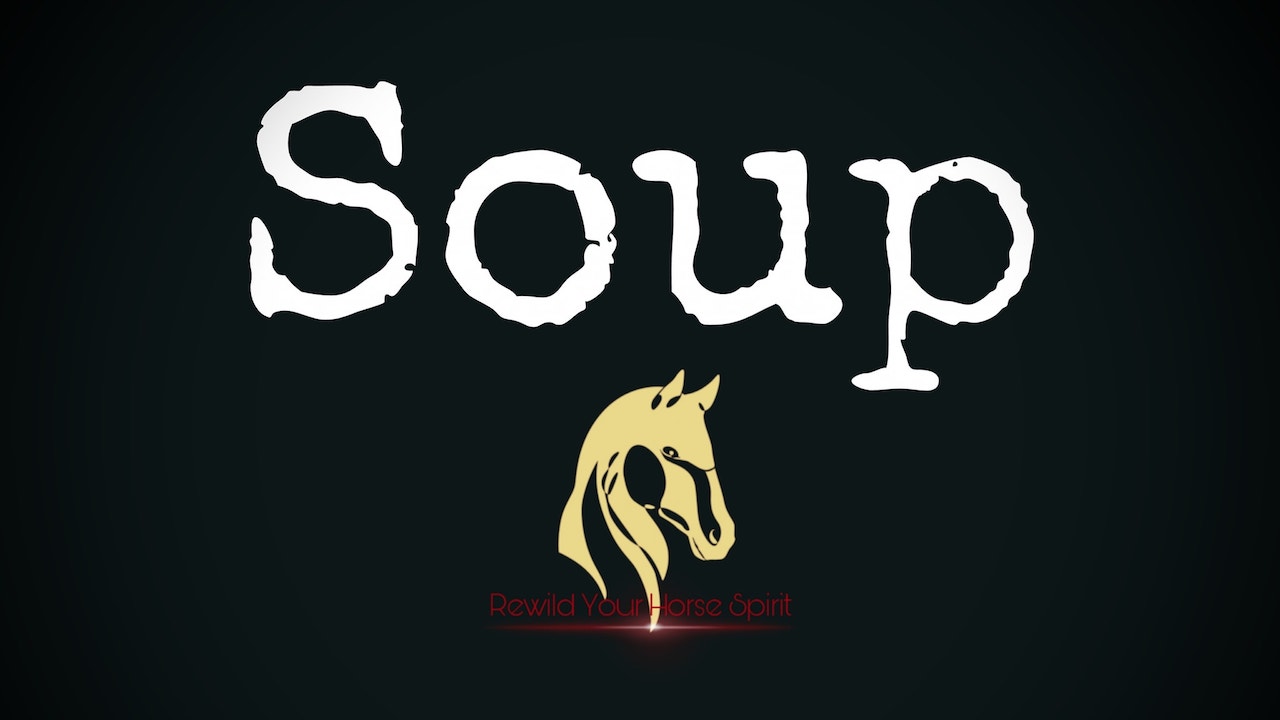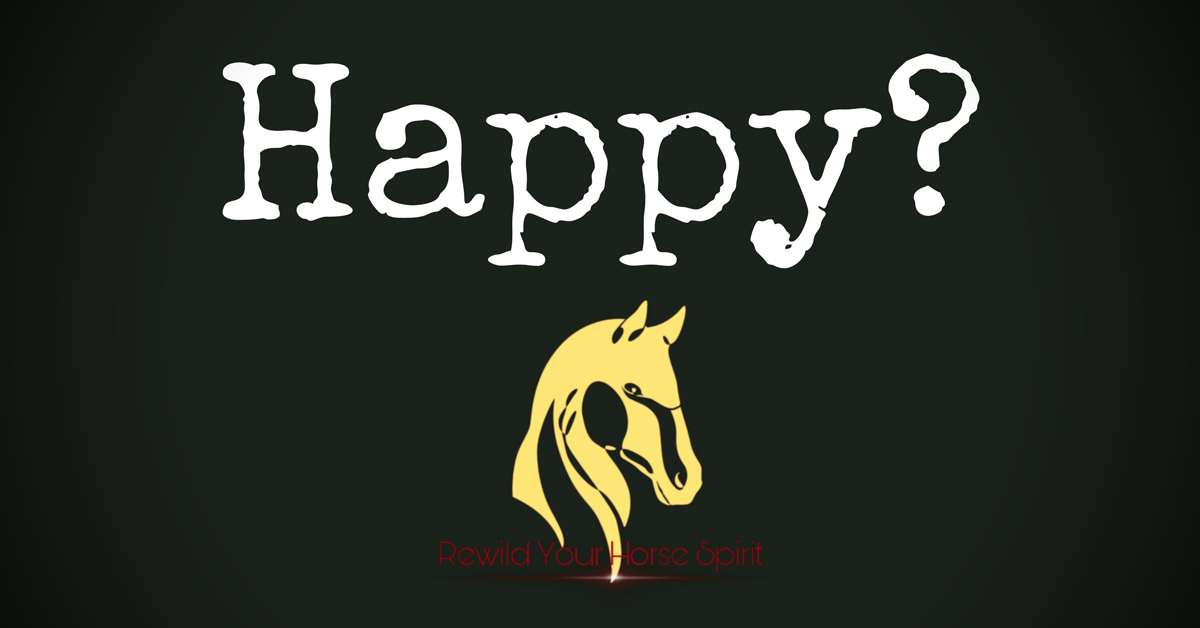Working with horses inevitably brings more questions than answers and the conundrum that is the Equine mind is nothing but a maze of intrigue. It is akin to learning a new language, and as with all new languages sometimes it can be frustrating as you feel you are left without a voice, but inevitably hugely rewarding when you begin to communicate fluently..
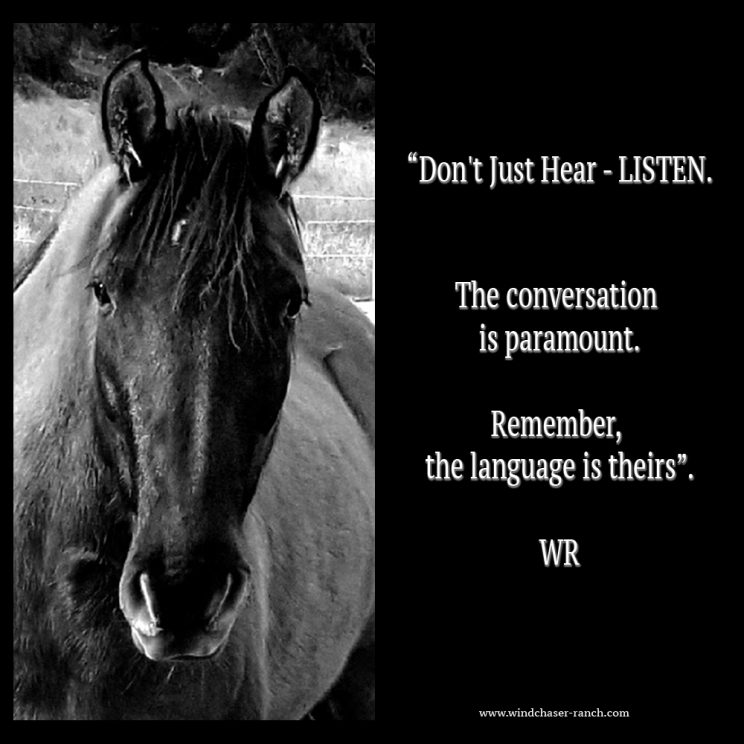 The conversation I have with all the horses I work with is paramount. Without this mutual understanding progress will be slow and temporary. Remembering that the language is theirs and it is our responsibility to listen to what they have to say, should form the bases of all communication…
The conversation I have with all the horses I work with is paramount. Without this mutual understanding progress will be slow and temporary. Remembering that the language is theirs and it is our responsibility to listen to what they have to say, should form the bases of all communication…
I am lucky as I have been trained well by my herd of Spanish Mustangs. They will not respond to anything but a sincere connection and authenticity, they know if you are not being true to yourself. They are forgiving of honest mistakes but staunch of opinion if offered anything they consider a “that will do” attitude. By striving for this level of understanding with all the horses and their respective humans, channels of communication are opened and learning for both is so much more fulfilling.
There has been much talk recently of the way horses process stress and hold onto anxiety. Horses are well equipped to deal with a certain level of tension, it is a prerequisite of survival for prey animals, and each one will deal with it in their own way, individually or within the herd. However, a build up of anxiety can result in a horse shutting down, slowly closing you out, unable to take on information. If you continue to ignore the conversation and persist it may result in a horse ‘exploding’. Our egos automatically assume a negative behavior from the horse and some form of punishment is applied, when in reality it was our lack of listening and unwillingness to observe. Bottom line, we should always look to our selves first and ask “Was I listening?”.
I often tell my clients and students that it is not good enough to just hear, they need to LISTEN to their horses. We need to be thinking about how we can listen to what they are communicating as they become overloaded with worry and work on how we can help them “unload”.
Ask your self have you LISTENED.

